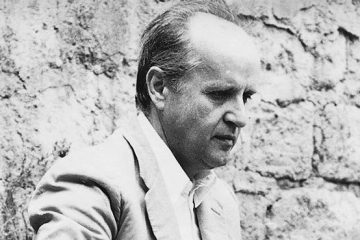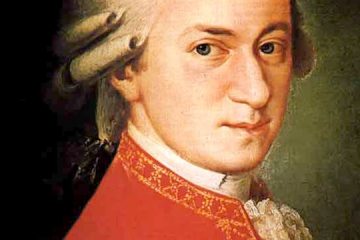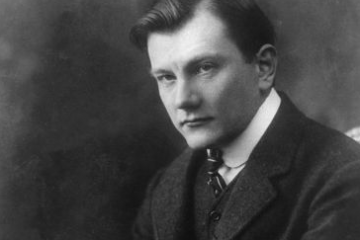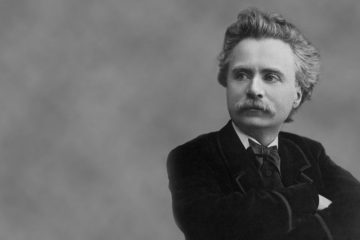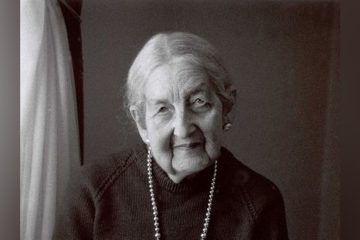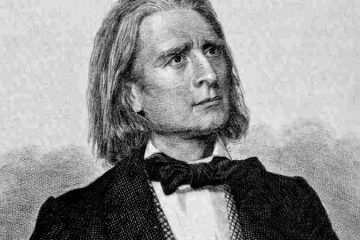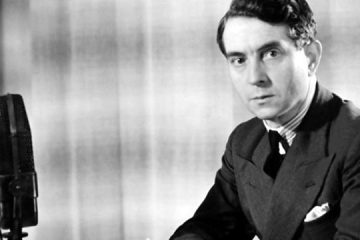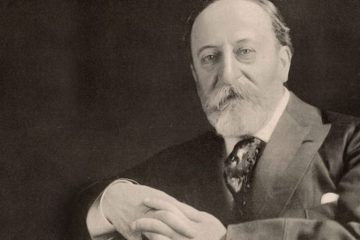Blogs
Nino Rota ‘Harp Concerto’: Dancing Strings
Nino Rota: Harp Concerto Context Although famed for his film scores, Nino Rota also wrote a collection of other works that were not linked to film. His 1947 Harp Concerto is a fantastic example of Rota’s sensitive and lyrical writing as he composes for a naturally elegant instrument. The concerto Read more…
